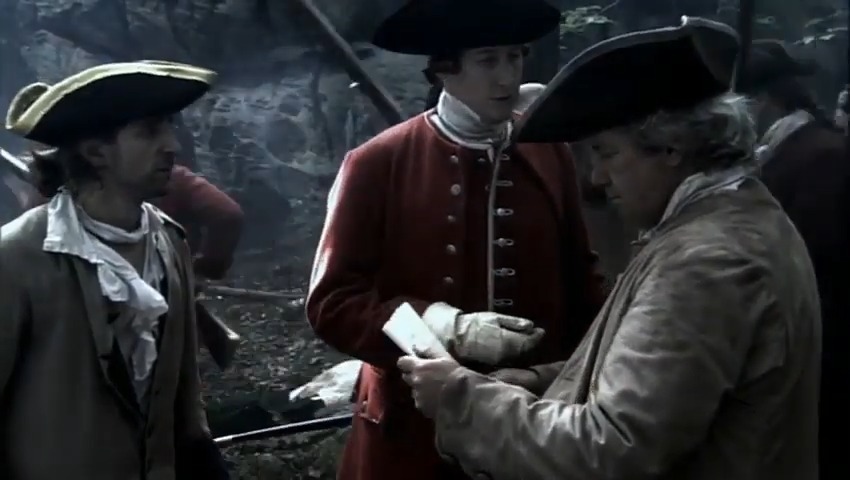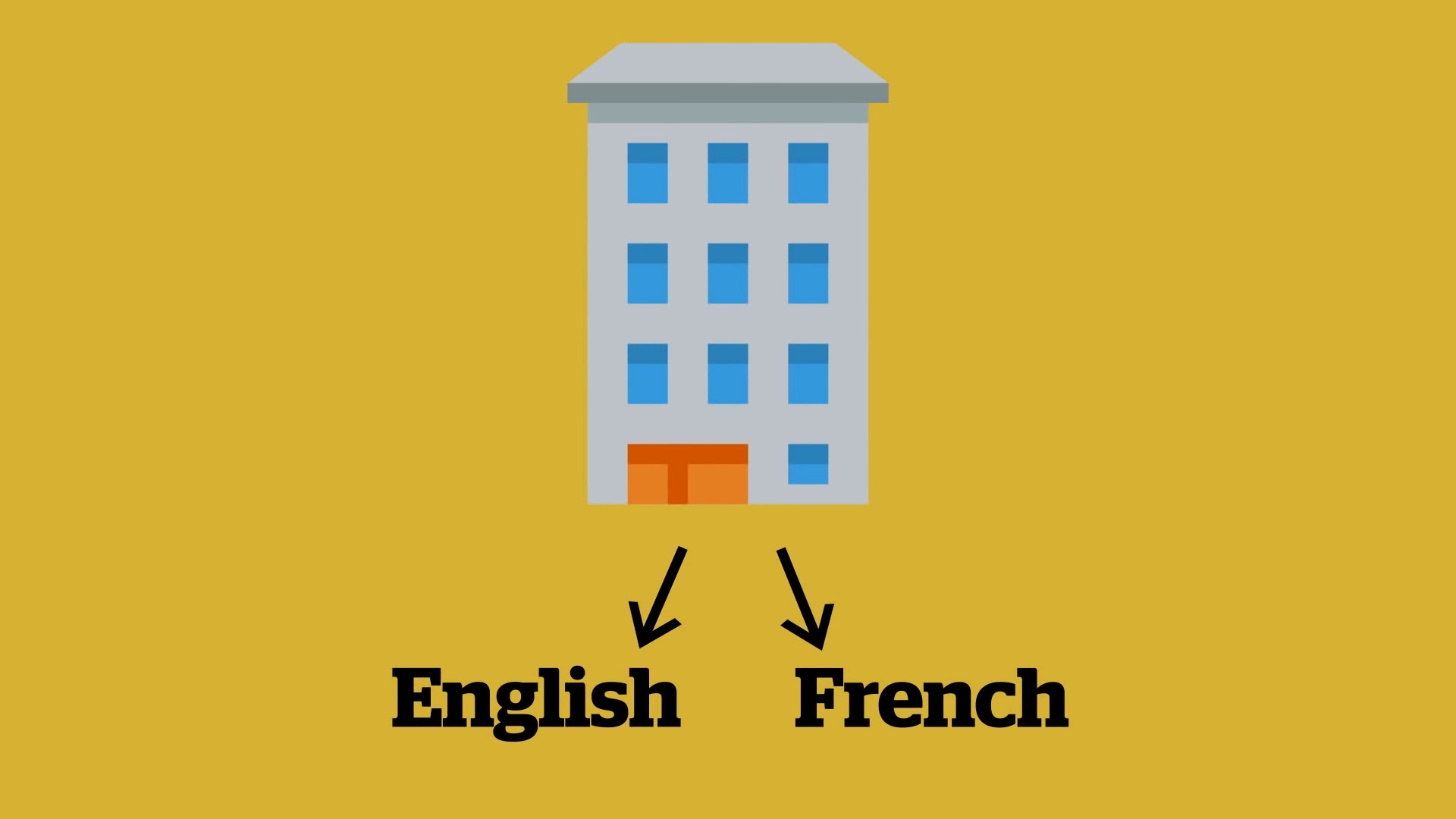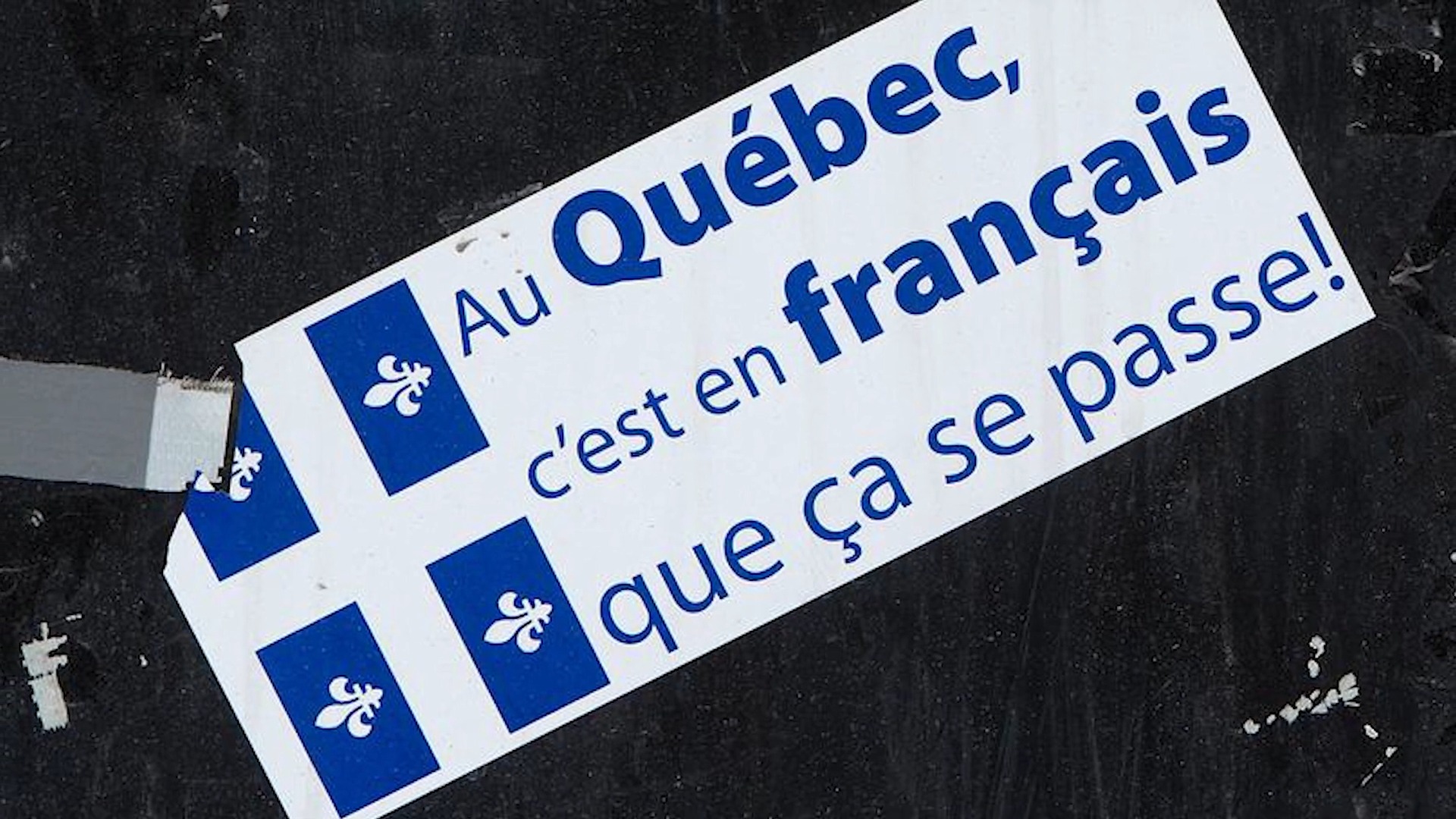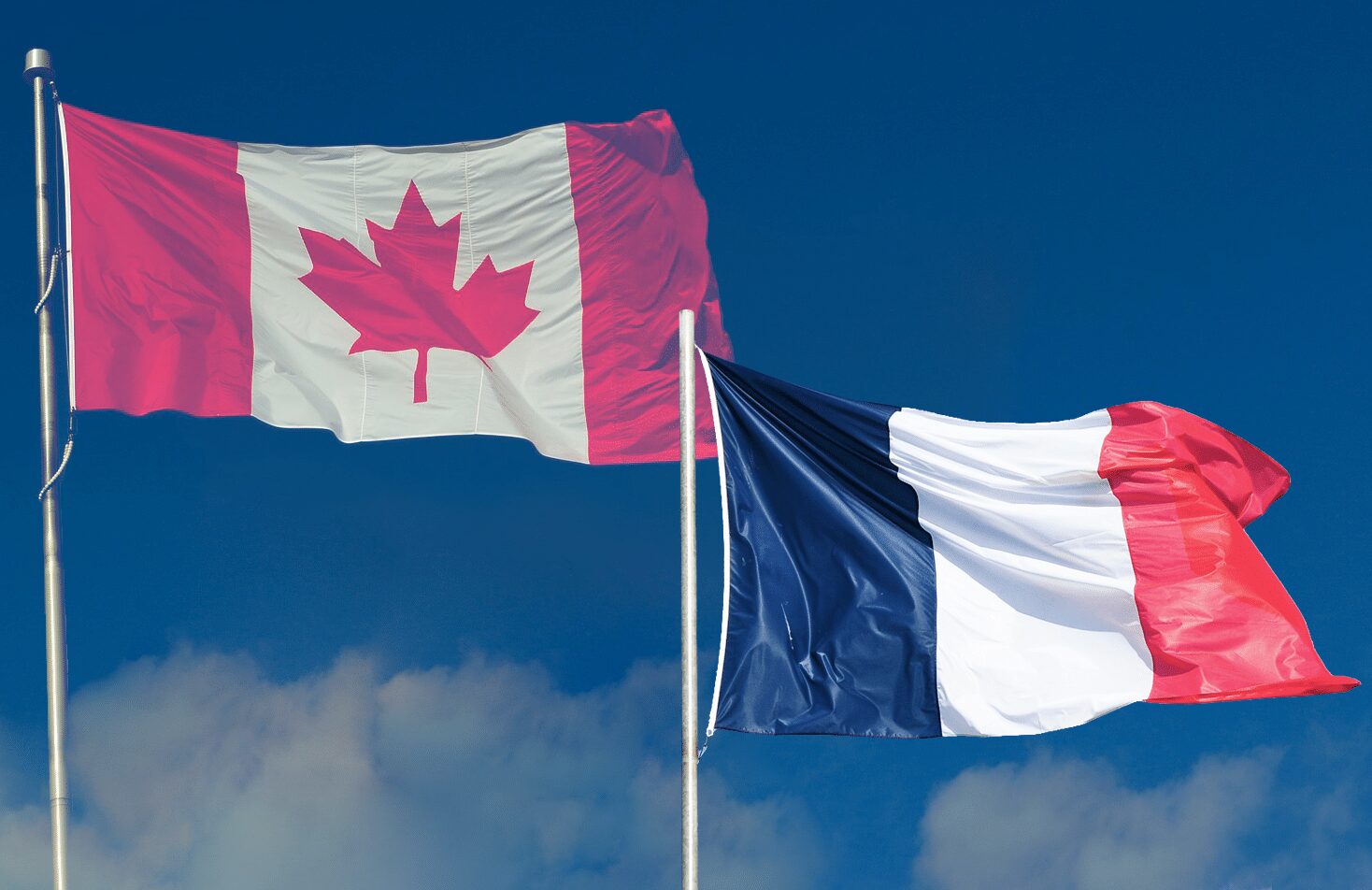As someone who has traveled extensively around the world, I’ve always been fascinated by the rich tapestry of languages and cultures that define each nation.
One question that often piqued my curiosity during my travels was, “Why does Canada, a country so vast and diverse, have French as one of its official languages?” To unravel this mystery, I embarked on a journey through time, into Canada’s history and its ties with the French language. Here’s what I discovered.
The Early Explorers: Setting Foot on Canadian Soil
During my travels, I’ve often marveled at the courage of early explorers. In Canada, it was these brave souls who first introduced the French language to the region.
Jacques Cartier: The Pioneer
On one of my trips to France, I stood by the coast, imagining the journey of Jacques Cartier, the French explorer who first sailed to Canada in 1534. Cartier’s expeditions not only claimed Canada for King Francis I but also laid the foundation for the French language in the region. As he interacted with the indigenous people and established settlements, the seeds of the French language were sown.
Samuel de Champlain: The Father of New France
While Cartier might have been the pioneer, it was Samuel de Champlain who truly established French roots in Canada. In 1608, he founded Quebec City, which became the capital of New France. As I walked the cobbled streets of Old Quebec during a visit, I could almost hear the whispers of the past, telling tales of Champlain’s endeavors and how he fostered French culture and language in the heart of Canada.
New France: The Flourishing of French Culture
The establishment of New France was a pivotal moment in Canada’s history. As I explored its remnants, I was transported to an era where French culture and language thrived.
The Growth of Settlements
New France expanded rapidly in the 17th and 18th centuries. As I retraced the steps of settlers along the St. Lawrence River, I visualized the bustling communities that once stood there. These settlements were predominantly French-speaking, and their inhabitants played a crucial role in embedding the French language into the fabric of Canadian society.
- Quebec City: A hub of commerce and culture.
- Montreal: A melting pot of French traditions and indigenous influences.
The Role of the Catholic Church
The Catholic Church was instrumental in promoting the French language in New France. During my visits to the magnificent cathedrals of Montreal and Quebec City, I learned about the Church’s efforts in establishing schools and institutions where French was the primary medium of instruction. The clergy, who were mostly French-speaking, further propagated the language through their sermons and interactions with the community.
British Conquest: The Challenge to French Supremacy

My travels have taught me that history is often shaped by conflicts. The British conquest of New France was one such turning point that threatened the dominance of the French language in Canada.
The Treaty of Paris (1763)
Standing at the Plains of Abraham in Quebec City, I recalled the fateful day in 1759 when British forces defeated the French. The subsequent Treaty of Paris in 1763 ceded New France to Britain.
Initially, I assumed this would mark the decline of the French language in Canada. However, the British, recognizing the importance of the French-speaking population, allowed them to retain their language and Catholic faith.
The Quebec Act (1774)
During a visit to a museum in Montreal, I stumbled upon a document that highlighted the significance of the Quebec Act of 1774. This act was a testament to the resilience of the French-speaking Canadians.
Despite being under British rule, they managed to secure the right to practice their religion and use their language in legal and official matters. This act ensured that the French language would continue to flourish in Canada, even under British dominion.
The Rise of Bilingualism: Embracing Two Languages

As I journeyed through Canada, I was struck by the harmonious blend of English and French. This coexistence wasn’t always smooth, but Canada’s commitment to bilingualism is a testament to its inclusive spirit.
The Road to Official Bilingualism
During a train ride across the Canadian landscape, I pondered over the events that led to the country’s official bilingual status. The Royal Commission on Bilingualism and Biculturalism, established in 1963, played a pivotal role.
Its recommendations paved the way for the Official Languages Act in 1969, which recognized both English and French as official languages at the federal level.
The Impact on Canadian Society
Bilingualism has left an indelible mark on Canadian society. From bilingual labels on products to the availability of government services in both languages, the influence is palpable. As I interacted with locals during my travels, I was impressed by their ability to switch between English and French effortlessly, showcasing the nation’s linguistic dexterity.
Quebec: The Heartbeat of French Canada

Quebec, one of the best Canadian provinces, with its vibrant culture and rich history, has always been close to my heart. It’s the epicenter of French Canadian identity and a living testament to the language’s resilience.
The Quiet Revolution
On a chilly evening in Montreal, I sat at a café, sipping on a café au lait, and reflected on the transformative period known as the Quiet Revolution. During the 1960s, Quebec underwent profound social and political changes. The province sought to affirm its French identity, leading to a surge in nationalism and a renewed emphasis on preserving the French language.
- Education reforms: Prioritizing French in schools.
- Cultural revival: Celebrating French Canadian heritage through arts and literature.
The Language Laws
My travels in Quebec introduced me to the province’s stringent language laws, particularly Bill 101 or the Charter of the French Language. Introduced in 1977, this legislation made French the official language of Quebec, emphasizing its use in public administration, education, and business.
- Signage: French became predominant on public signs.
- Immigration: Newcomers were encouraged to adopt French as their primary language.
Modern-Day Challenges and Triumphs
Like any traveler, I’ve learned that every journey has its ups and downs. The story of French in Canada is no different, marked by challenges but also triumphant moments.
Walking through the streets of Quebec City, I came across murals depicting the province’s two referendums on sovereignty, in 1980 and 1995. While both were narrowly defeated, they highlighted the ongoing debate about Quebec’s place within Canada and the desire of many to establish a distinct French-speaking nation.
Despite the challenges, Canada’s commitment to bilingualism remains unshaken. Events like the annual “Rendez-vous de la Francophonie” celebrate the French language and its contributions to Canadian culture. As I attended one such event, I was swept up in the festivities, from French music to culinary delights, all underscoring the nation’s pride in its linguistic heritage.
What Are Some Examples Of Canadian French?
When speaking québécois, personal and demonstrative pronouns often merge with verbs. Je suis becomes chu (I am), il becomes y, elle is a, je vais slips into j’va or m’a and cette contracts neatly into c’te. These spoken pronunciations common to 18th century France are still used in vernacular French dialects today.
Pronouns are also generally doubled in speech. Quand est-ce que vous venez, vous autres? sounds a bit like “When are you coming, you guys?” — except for that word endings are clipped, as in vous aut’ or c’est correc’. Just for fun, many speakers occasionally insert a “you” into a question, like c’est tu fini? (literally: “Is it you finished?”).
If you want to get a taste of Canadian French pronunciations, treat yourself to the creations of independent québécois filmmakers, like Denis Côté or Xavier Dolan.
Canada’s French in the World
My travels have taken me to various corners of the globe, and everywhere I go, I find traces of the French language. Canada’s unique brand of French has made its mark internationally, fostering connections and opening doors.
Canadian French vs. European French
During a sojourn in Paris, I engaged in a lively discussion with locals about the nuances between Canadian French and European French. While the core of the language remains consistent, Canadian French has its distinct vocabulary, accent, and idiomatic expressions, shaped by centuries of history and influence from indigenous languages.
- Vocabulary differences: For instance, while the French in France might use “ordinateur” for computer, in Quebec, it’s “ordinateur.”
- Accent variations: The Quebecois accent, with its lilting tones, stands out distinctly from the Parisian cadence.
Canada’s Role in La Francophonie
Canada plays a significant role in the International Organisation of La Francophonie, a global network promoting the French language and shared values among its 88 member states. As I attended a summit in Africa, I witnessed firsthand Canada’s influence, advocating for linguistic diversity and fostering collaborations across French-speaking nations.
FAQ
Is Toronto French or English?
Toronto is primarily an English-speaking city, located in the province of Ontario. While French is taught in schools and there are French-speaking communities, English is the predominant language used in daily life and official matters.
Why do Canadians say “eh”?
The use of “eh” is a distinctive feature of Canadian English. It’s often used as a tag question to invite agreement or confirmation, similar to “right?” or “isn’t it?”. Its origins are debated, but it has become a recognized and iconic part of Canadian speech.
Can French people understand Canadians?
Yes, French people can generally understand Canadian French, especially the standard variety. However, there are regional accents and vocabulary differences in Canadian French, particularly in Quebec, which might pose occasional challenges. But overall, the two are mutually intelligible.
How much of Canada is French?
Approximately 22% of the Canadian population speaks French as their first language. The majority of these French speakers reside in the province of Quebec, where French is the official language.
Was Canada a French Colony?
Yes, before becoming a British possession, parts of Canada were a French colony known as “New France.” Established in the early 16th century, New France lasted until 1763 when it was ceded to Britain following the Treaty of Paris.
Is French required in Canada?
French, along with English, is one of the two official languages of Canada at the federal level. This means that federal government services, legislation, and proceedings are available in both languages. However, whether French is required in other contexts, like education or provincial services, varies by province.
Final Words
Canada’s linguistic journey is a tapestry of history, culture, and identity. The coexistence of English and French, along with the unique Canadian quirks like “eh”, showcases the nation’s rich heritage and inclusive spirit. Whether you’re a traveler, a language enthusiast, or someone curious about Canada, understanding its bilingual heart is key to appreciating its essence.













